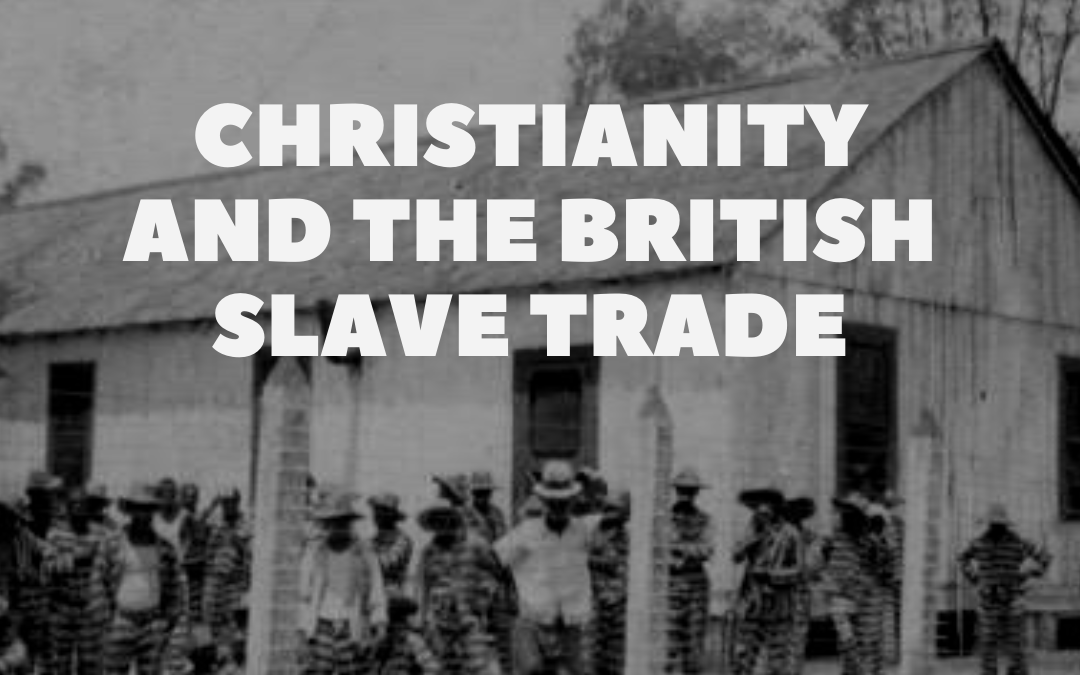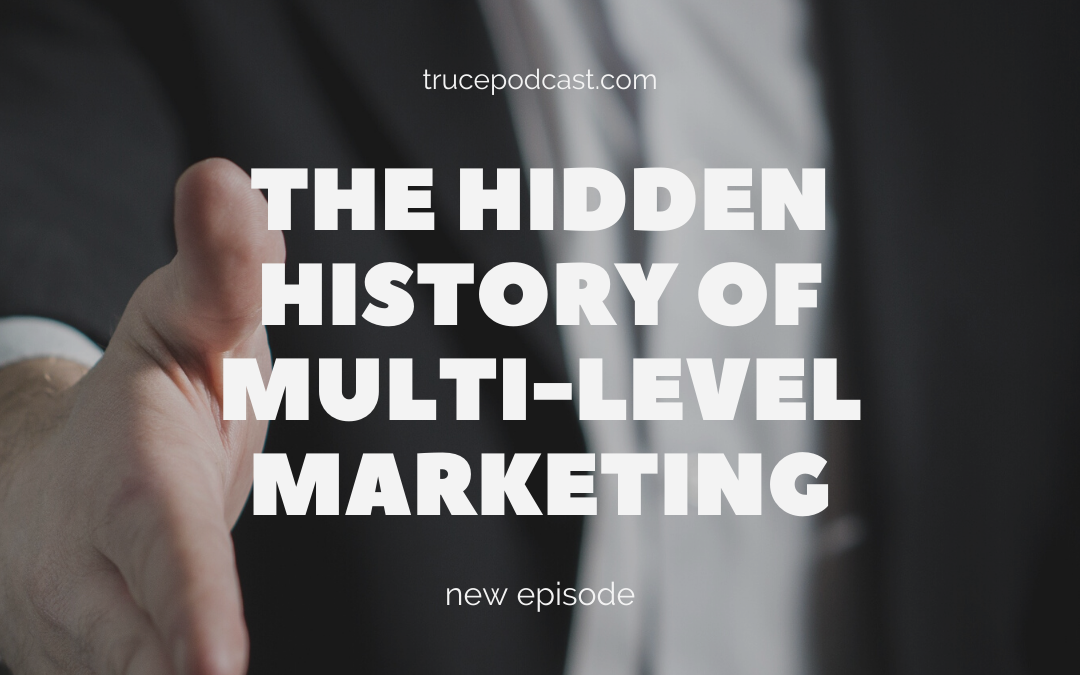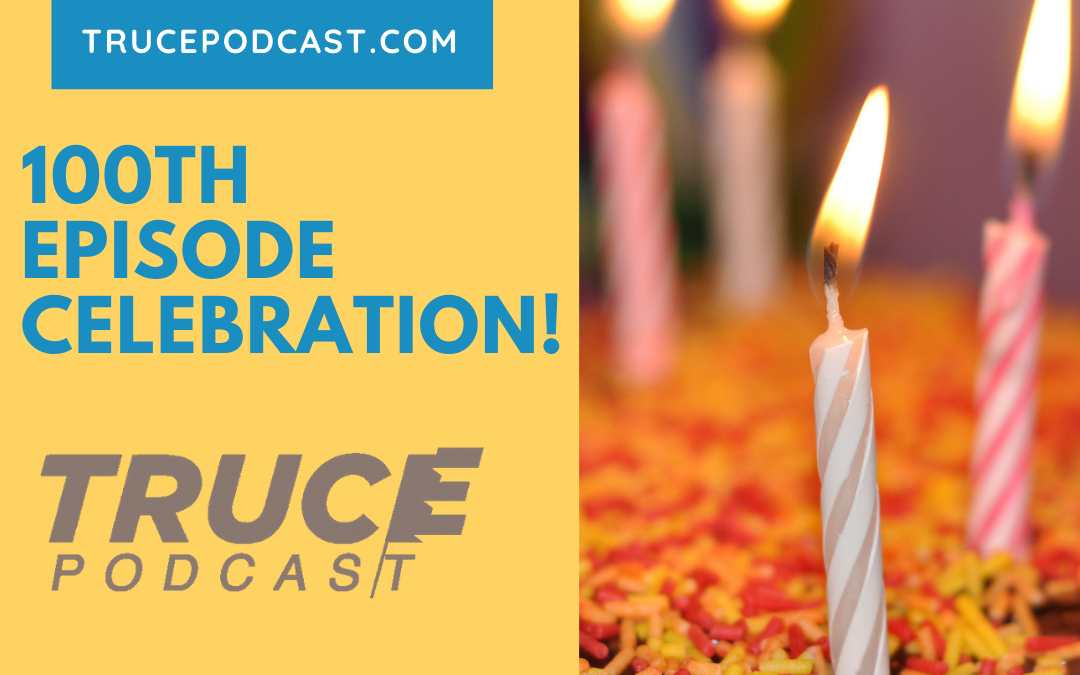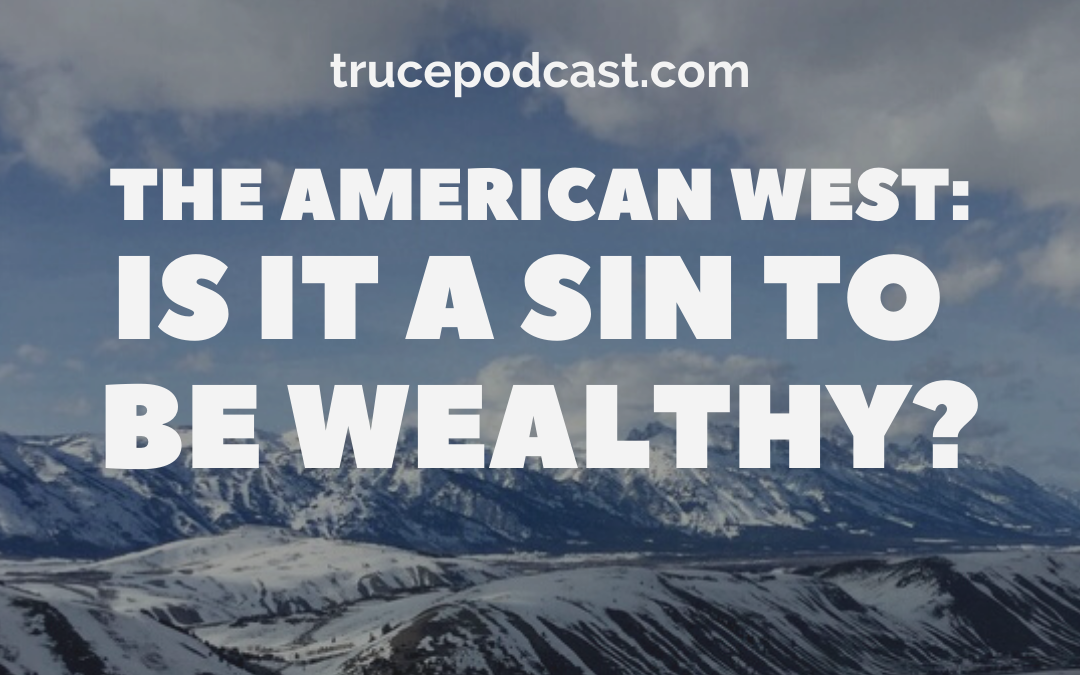
by Chris Staron | Oct 11, 2022 | Episodes
The Fundamentals of the Christian faith
Between 1910 and 1915 a collection of 90 essays was distributed by two wealthy oil magnates. These essays attempted to nail down the basics of the Christian faith and counteract the growing modernist movement. “The Fundamentals” is often mentioned in history books about Christian fundamentalism, but it is rare for anyone to discuss the essays themselves. So I thought we should break down at least 6 of them together!
I’m joined this episode by some good friends to introduce you to “The Fundamentals”. This influential time capsule document takes us inside the proto-fundamentalist movement, just before it really took off.
Discussion Questions:
- What would you include in your own list of fundamentals?
- Is creationism fundamental? What is the role of evolution in our modern theology?
- The fear of evolution wasn’t just about people thinking we’d come from chimps. It also revolved around concerns of people applying evolution to other areas of life. How have you seen evolution applied to other studies?
- Is the Bible inerrant? What does that mean?
- Have you read the full Bible yourself? Why or why not?
Essays we read:
- “My Experience With the Higher Criticism” by JJ Reeve
- “The Deity of Christ” by BB Warfield
- “The Certainty and Importance of the Bodily Resurrection of Jesus Christ from the Dead” by Reuben Torrey
- “Science and Christian Faith” by James Orr
- “Evolutionism in the Pulpit” by “An Occupant of the Pew”

by Chris Staron | Oct 12, 2021 | Episodes
Christians helped to end the British Slave Trade. But we forgot one of it’s greatest heroes: Thomas Clarkson
The British slave trade had several well-known enemies: William Wilberforce and John Newton (who wrote “Amazing Grace”) to name a few. But historian Adam Hochschild (“King Leopold’s Ghost”, “To End All Wars”) argues that history has largely forgotten the most valuable member of the abolition movement: Thomas Clarkson. Clarkson was in charge of gathering and disseminating information across the British Isles. He fought for years to end the slave trade and then slavery itself.
This movement is important for many reasons. It was the first to use logos, a coordinated marketing campaign, and it established a high bar for investigative journalism. It was also an ecumenical movement.
In this episode we explore slavery, the importance of slave rebellions, the power of ecumenical efforts, and the book “Bury the Chains“.
Helpful discussion questions:
- Had you heard of Thomas Clarkson before this episode?
- Do you participate in any cross-denominational movements? Where do you draw the line?
- Has your church ever participated in anti-racism movements?
- Was there any wisdom in ending the slave trade first?
- Why do you think John Newton didn’t give up the slave trade as soon as he became a Christian?
- Was it possible to be a Christian and own slaves?
- Do you think humanity will ever go back to slavery?
- Do modern payday loans keep people in bondage in the way that debt kept people in bondage in the 1700s?
Helpful links:
- Link to slave ship diagram (very interesting)
- Episode Photo from the Library of Congress. FYI – it is not from the correct era or place.
What ended the British slave trade?
- Slave revolts in places like Haiti
- The high cost of ending slave revolts
- Freedom was in the air after the American Revolution and the French Revolution
- Public opinion
- Women in the 1800s boycotted sugar to protest slavery

by Chris Staron | Sep 14, 2021 | Episodes
The story of how pyramid schemes came to effect 1 in 6 American households
Multi-level marketing (MLM) is a relatively new invention. It was created when a failed vitamin salesman named Carl Rehnborg was out of options. So his wife suggested that he attend a rally by Dale Carnegie, author of “How to Win Friends and Influence People”. Once there, he formed a bond that created one of the most profitable predatory financial traps in modern history: multi-level marketing. One that found its legs… in the world of cemetery plots.
Our guest in this episode is Robert FitzPatrick. He’s the founder of PyramidSchemeAlert.org, a non-profit that tells the truth about pyramid schemes. He’s also the author of the excellent book Ponzinomics: The Untold Story of Multi-Level Marketing.
Discussion Questions:
- Do you know someone who sells for an MLM?
- Have you ever sold for an MLM?
- Do you think they should be legal?
- What is market saturation and how does it impact salespeople?
- Have you ever bought an item that you didn’t need just because the salesperson was so good?
- What can you do to show MLMs for what they are?
- Has anyone at your church ever tried to sell you on an MLM?
- How can tying a bad business practice impact how people see Jesus?
Helpful Links:

by Chris Staron | Aug 3, 2021 | Episodes
Melvin Benson of the Cinematic Doctrine podcast asks Chris Staron about the Truce Podcast
Truce usually uses research, music, sound effects, and expert interviews to tell complicated stories about the Christian Church. We’ve made something like 100 episodes! Our listeners recommended that we celebrate by asking Chris questions submitted by audience members.
Special thanks to Melvin Benson of the Cinematic Doctrine podcast for asking the questions!

by Chris Staron | Jul 20, 2021 | Episodes
What the richest town in the United States can teach us about the rich young ruler and the potential evils of wealth
Jackson, Wyoming is a small tourist town in the middle of nowhere. It is just a few miles south of Grand Teton National Park and Yellowstone. Millions of people pass through each year as tourists. It’s a vacation hotspot. But for those who choose to stay in this region, Teton County is anything but a vacation. Rising income inequality and housing costs have created a hostile environment for working people. The median home price in Jackson went up 47% in 2020 alone, rising to $2.2 million while wages remain stagnant.
We’ve been talking for the last few episodes about myths of the American West, how cowboy myths about a lone rugged individual have shaped the US. Now it’s time to understand how cowboy myths have impacted American Christianity.
Our guest today is Justin Farrell. He’s a sociologist and professor at Yale. His book is Billionaire Wilderness. In it, Farrell recounts his studies of the ultra-wealthy. What makes them tick? What are they afraid of? Why do they dress the way they do? And what draws them to the far western border of Wyoming?
Discussion Questions:
- Read the story of the rich young ruler (Mark 10:17-27). What do you think of Jesus’ warning about wealthy people entering the kingdom of God?
- Many of the tax avoidance practices discussed in this series are legal (except pretending to live in one place while living in another). Do you think that legality and morality are tied together?
- Are these practices moral?
- What types of friction do you experience in your own life?
- How would more money change the level of friction you encounter?
- How would less money change the level of friction you encounter?
- Do you think that friction is a valuable thing to pay attention to in our lives?
- What is the role of empathy in a Christian’s life?
- How do you use money to benefit yourself as opposed to others?
Helpful Links:





